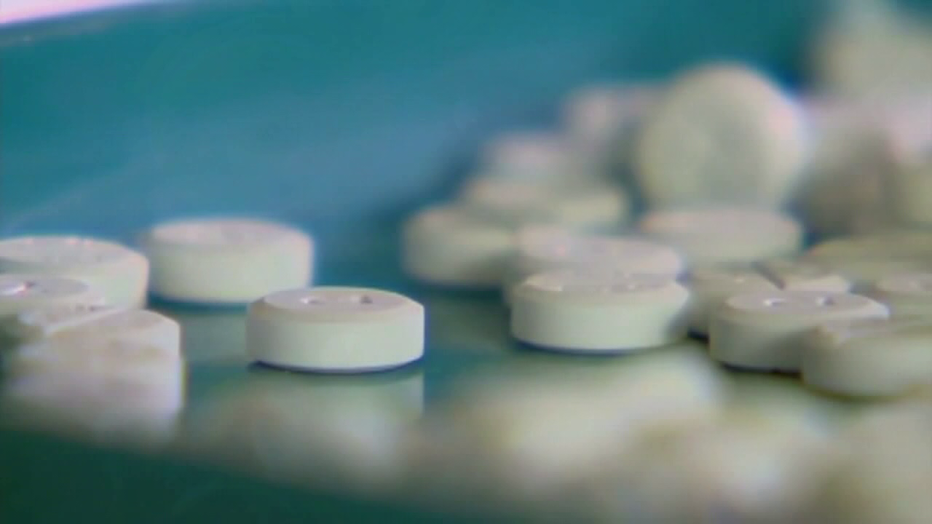Several Tampa Bay area counties see increase in overdose deaths despite decrease across Florida: Study
ORLANDO, Fla. - While there are signs of progress in Florida's fight in the Opioid epidemic, several Tampa Bay counties are lagging behind, according to a study recently released by Project Opioid in Orlando.
According to the report, overdose deaths in Florida declined last year for the first time since 2018, down 2.6%, even as deaths nationally continued to rise to new record levels.
"What was most interesting from the study, as we found that there were pockets of counties that were doing better than the rest of the state," said Dr. Kendall Cortelyou, the interim director for the University of Central Florida's School of Global Health Management, who authored the study for Project Opioid.
READ: Narcan is now available without a prescription: Here's where to find it
Several counties in the Tampa Bay region, however, still saw an increase in overdose deaths. Pinellas, Pasco and Hernando counties are 40% to 56% higher than the statewide rate. Pinellas County had the second-highest overdose rate in 2022.
Live Tampa Bay, a non-profit that targets the opioid epidemic, has taken note of the study.

"What Live Tampa Bay is going to be doing over the next six months is really diving in deeper, trying to understand why some counties are doing better than others, where we need to redouble our efforts," said Jennifer Webb, Live Tampa Bay's CEO.
Cortelyou found the communities experiencing success offer widespread access to Naloxone, better known as Narcan, which can reverse an overdose.
"We do know that the way to work and combat the overdose crisis is to focus on providing Naloxone, getting naloxone out to individuals who are at risk for overdose and individuals that don't know that they're at risk for overdose," she said.
Cortelyou said access evidence-based care is also critical, which includes medications for opioid use disorder.
Project Opioid determined several Tampa Bay communities that saw less success than others have taken critical steps to improve the situation, so experts believe the 2023 numbers should be much better.


